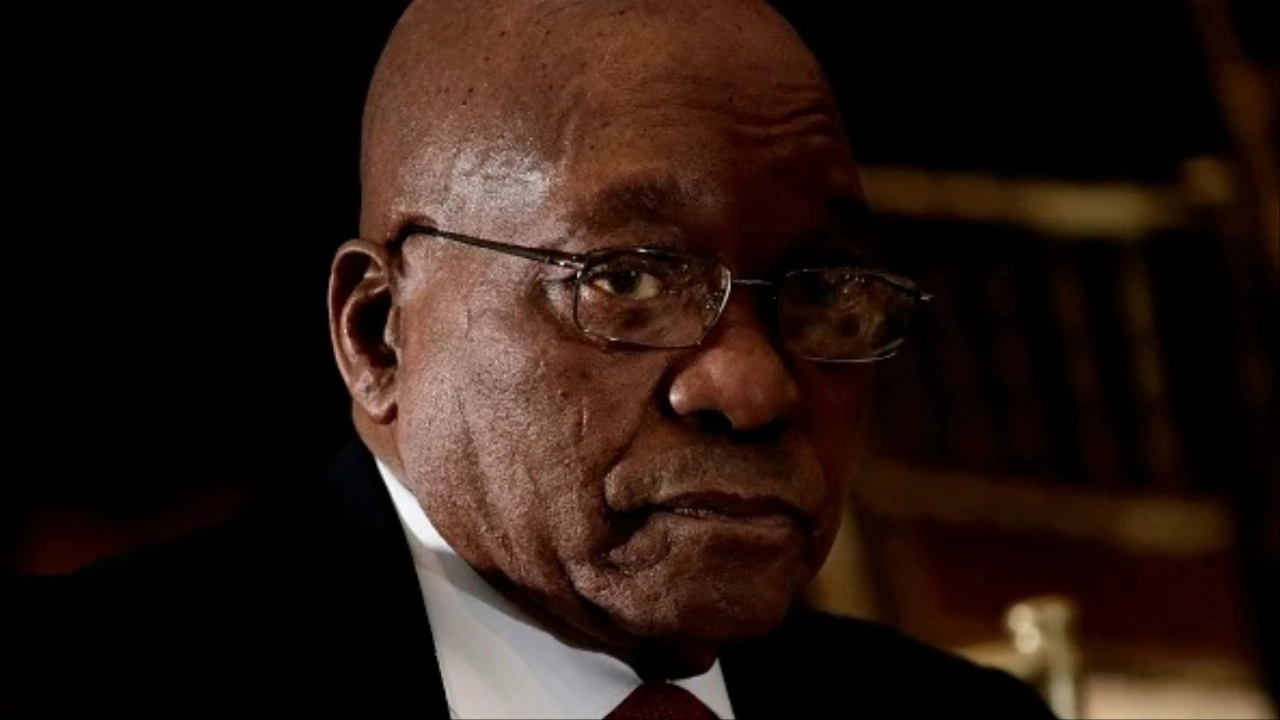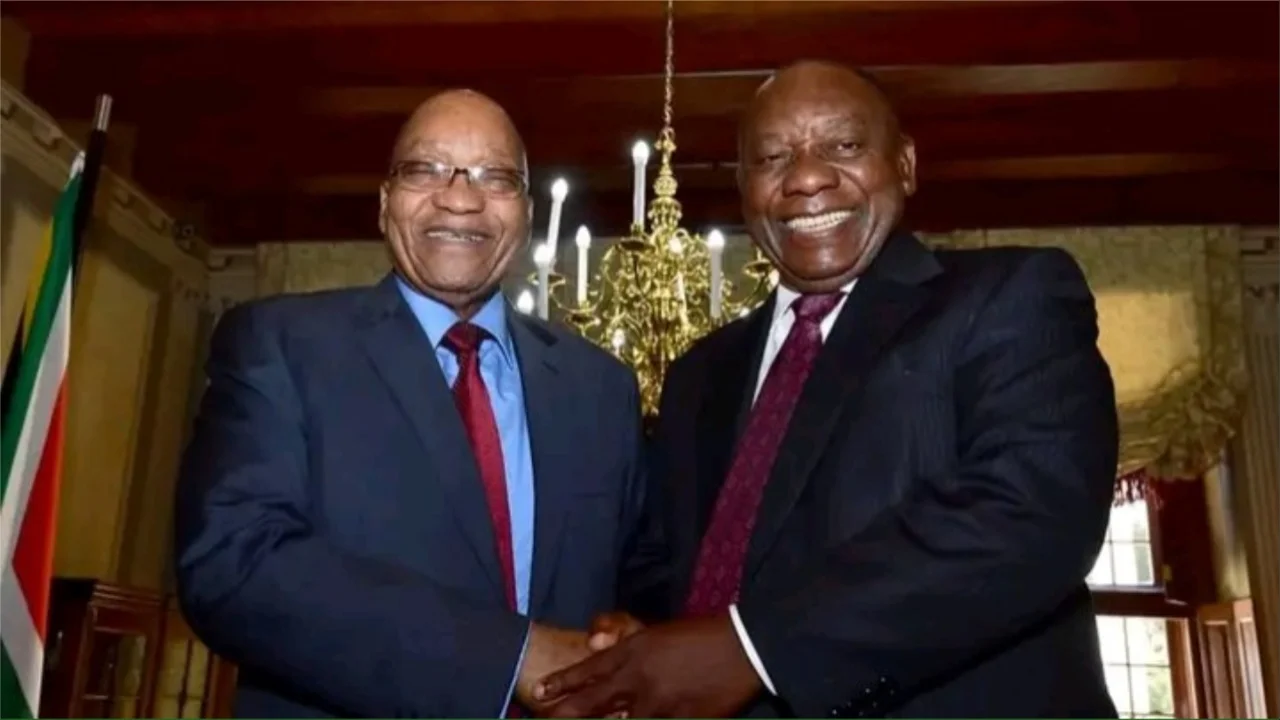For the second time, former President Jacob Zuma has opted not to attend President Cyril Ramaphosa’s inauguration, an unusual move that has raised eyebrows in political circles. The first time he snubbed the inauguration was in 2019 and people are starting to think his reasons are personal.
Ramaphosa’s Inauguration Ceremony
President Ramaphosa will be officially inaugurated at the Union Buildings in Tshwane on Wednesday, following his election as South Africa’s president during the National Assembly’s first session last Friday.
Many heads of state and politicians attended the inauguration and celebrated with the president on his second term. After his party failed to get two-thirds of the votes, they created a Government of National Unity.
Political Backlash and Statements

In a statement released yesterday, the MK Party expressed its refusal to participate in what they described as “spitting on the graves of those who died for South Africa’s freedom.” The party criticized Ramaphosa’s presidency, alleging it resulted from a controversial agreement between ANC Secretary General Fikile Mbalula and Helen Zille.
ALSO READ: Jacob Zuma’s MK Party Blue-Ticks ANC Coalition Talks While Asking For A Recount
Many South Africans have been complaining about the ANC joining hands with the DA in the GNU. There has been a lot of backlash on social media.
Expected Attendees to Ramaphosa’s inauguration
While Zuma’s absence is notable, former Presidents Thabo Mbeki and Kgalema Motlanthe are expected to attend the inauguration alongside various heads of state from across Africa and the globe.
Historical Context
Zuma’s decision mirrors his actions in May 2019, when he similarly did not attend Ramaphosa’s first inauguration. This consistent absence highlights ongoing tensions within South Africa’s political landscape.
ALSO READ: WATCH: GNU Found Shaking As Hellen Zille Threatens Fikile Mbalula And The ANC On TV
Ramaphosa took over from Jacob Zuma as the president of the ANC after Zuma was forced to resign after corruption allegations. Zuma, however, denied these allegations and vehemently called them false.
